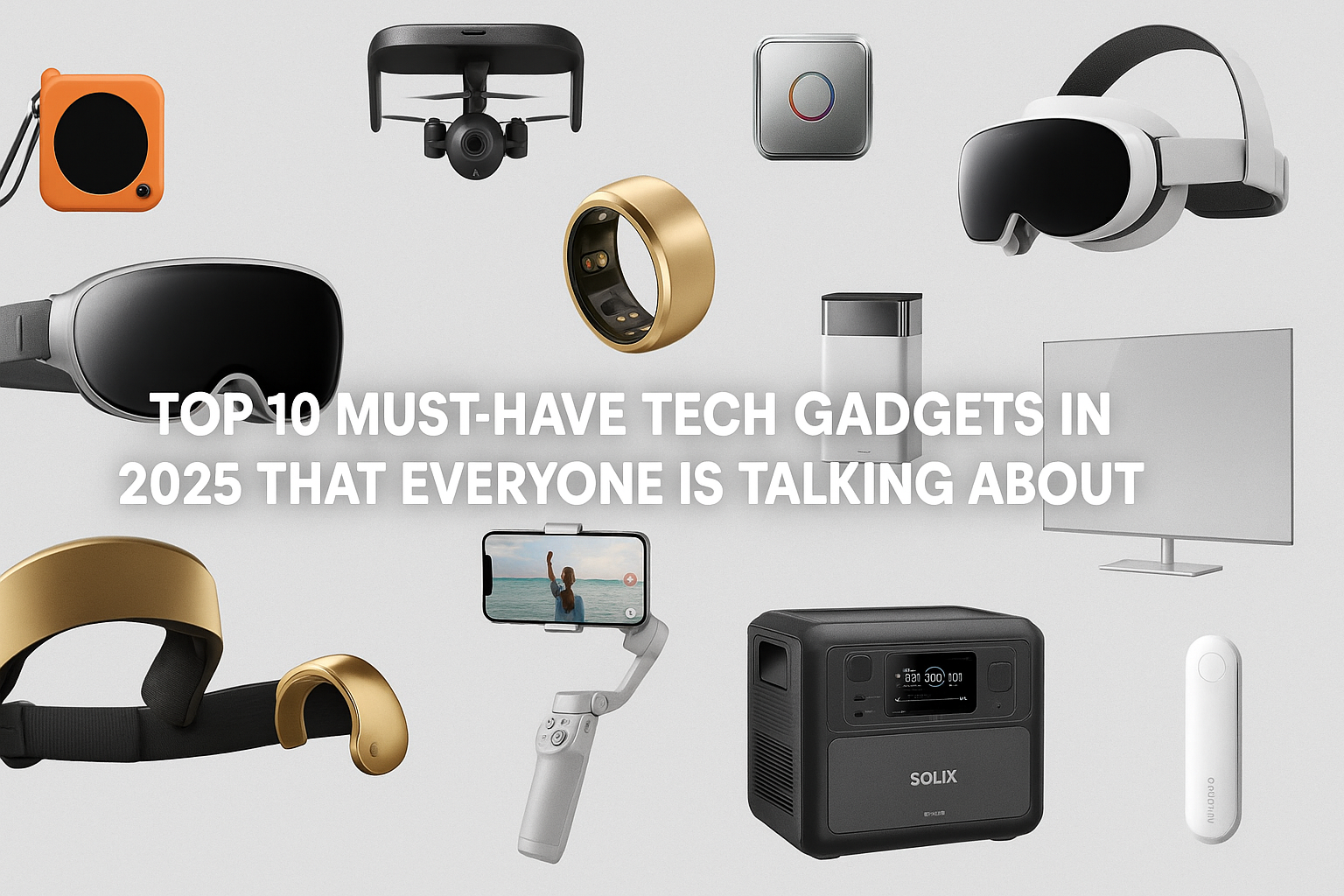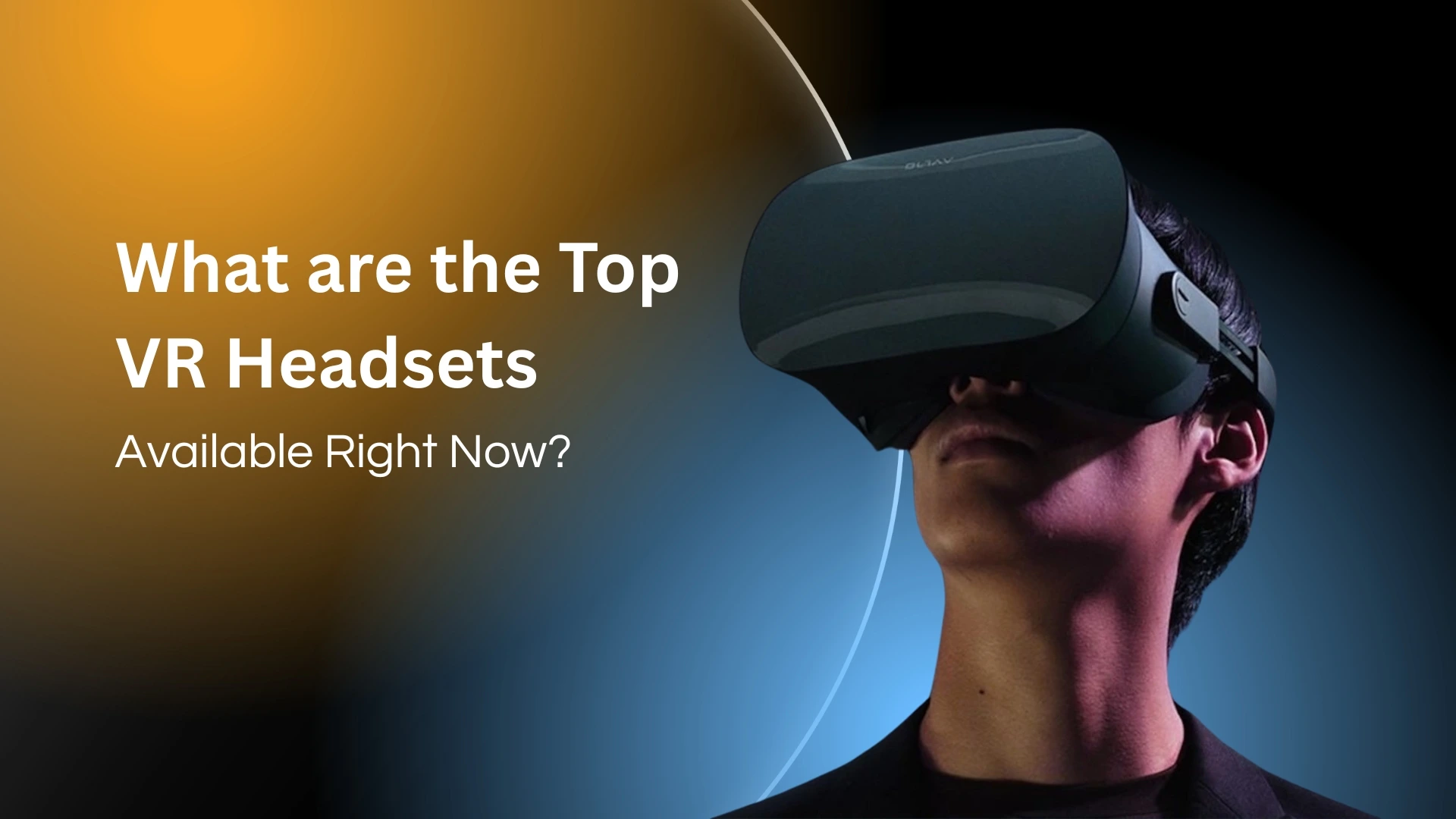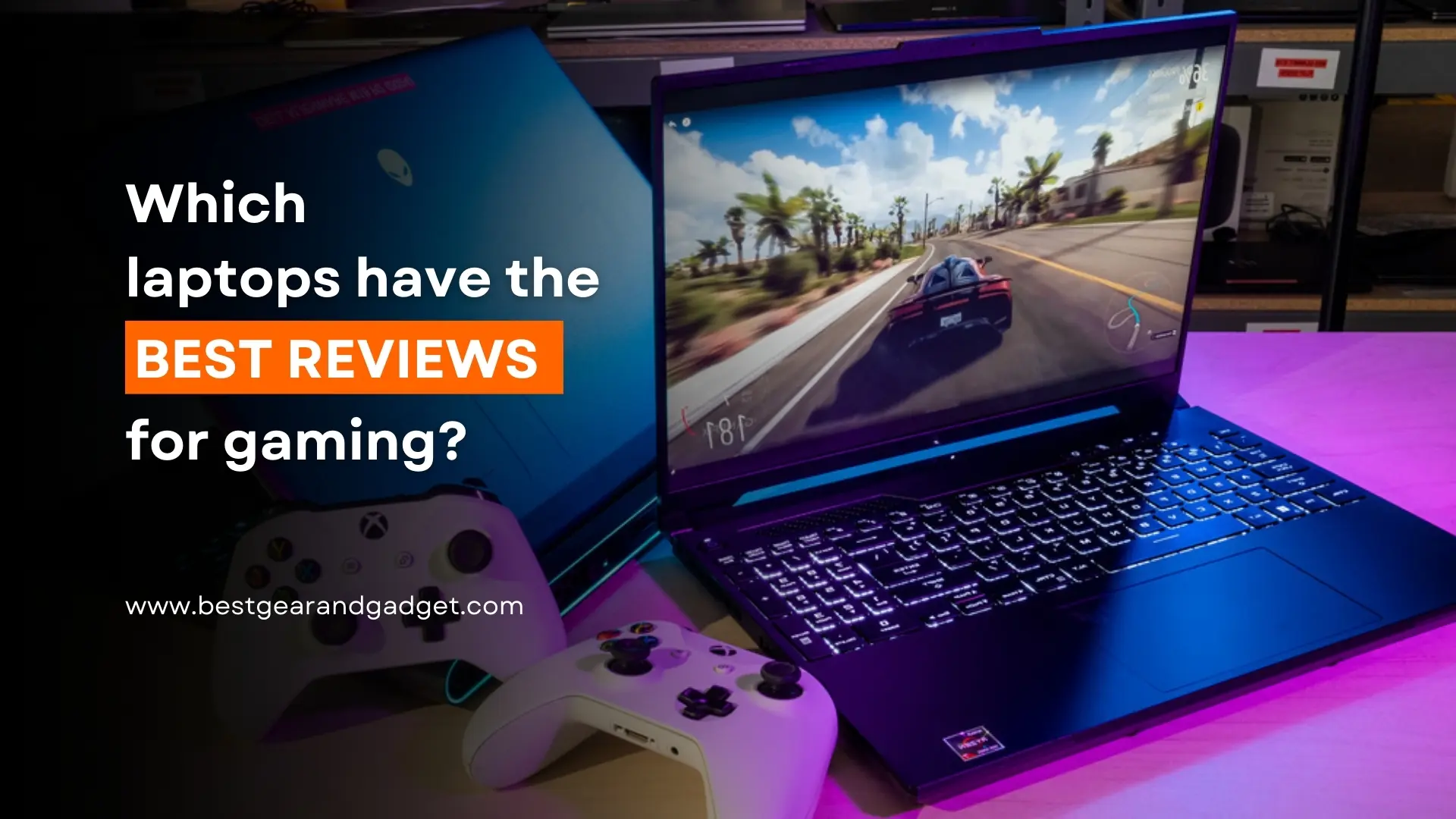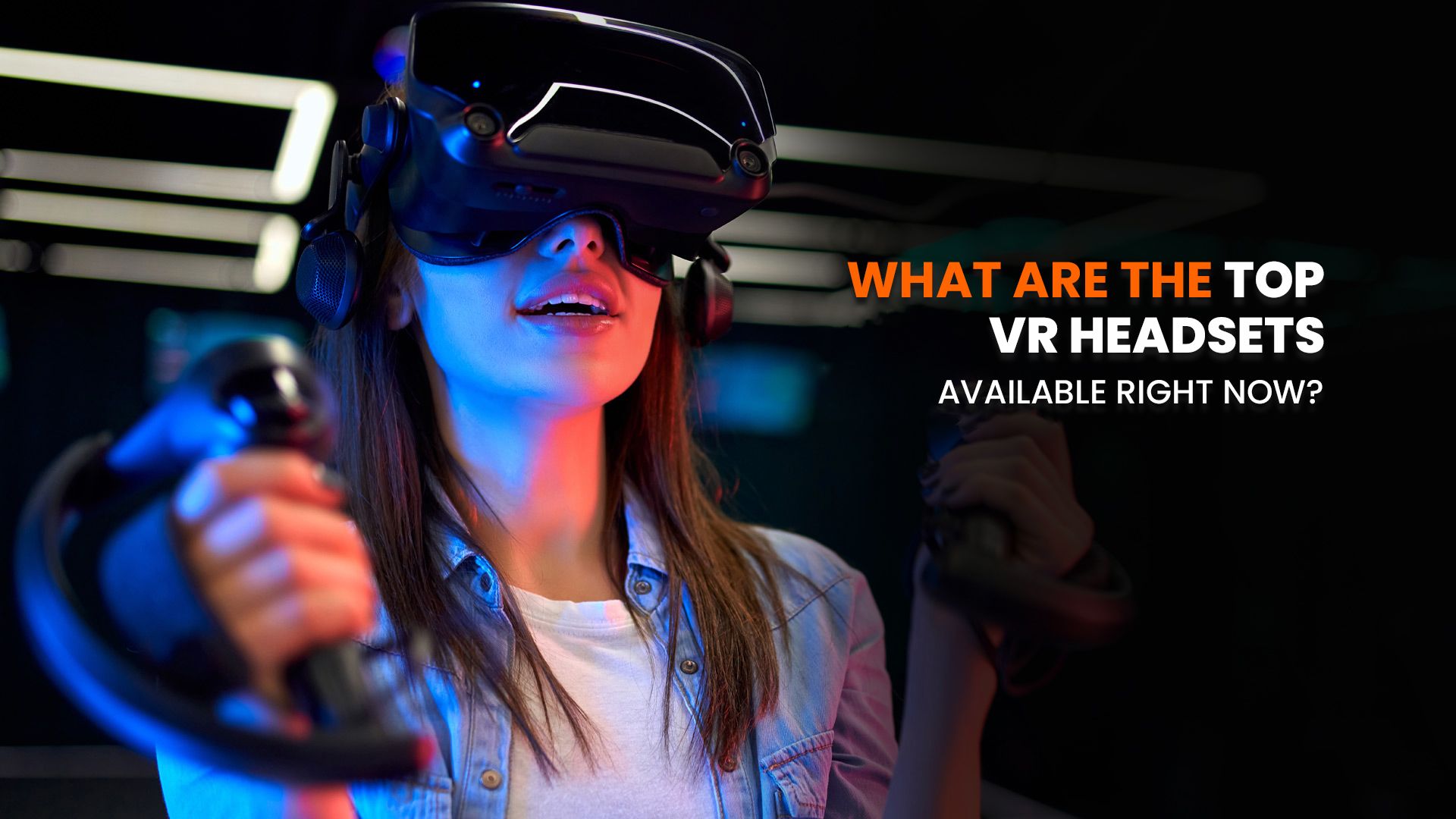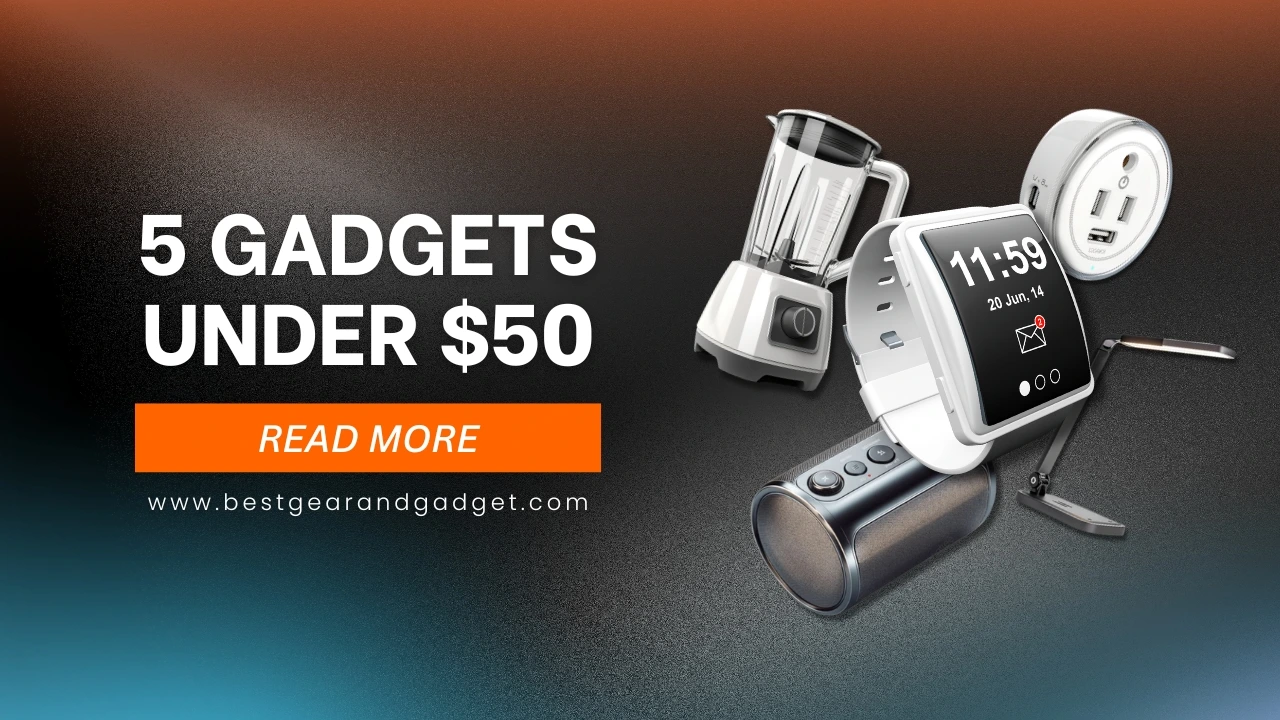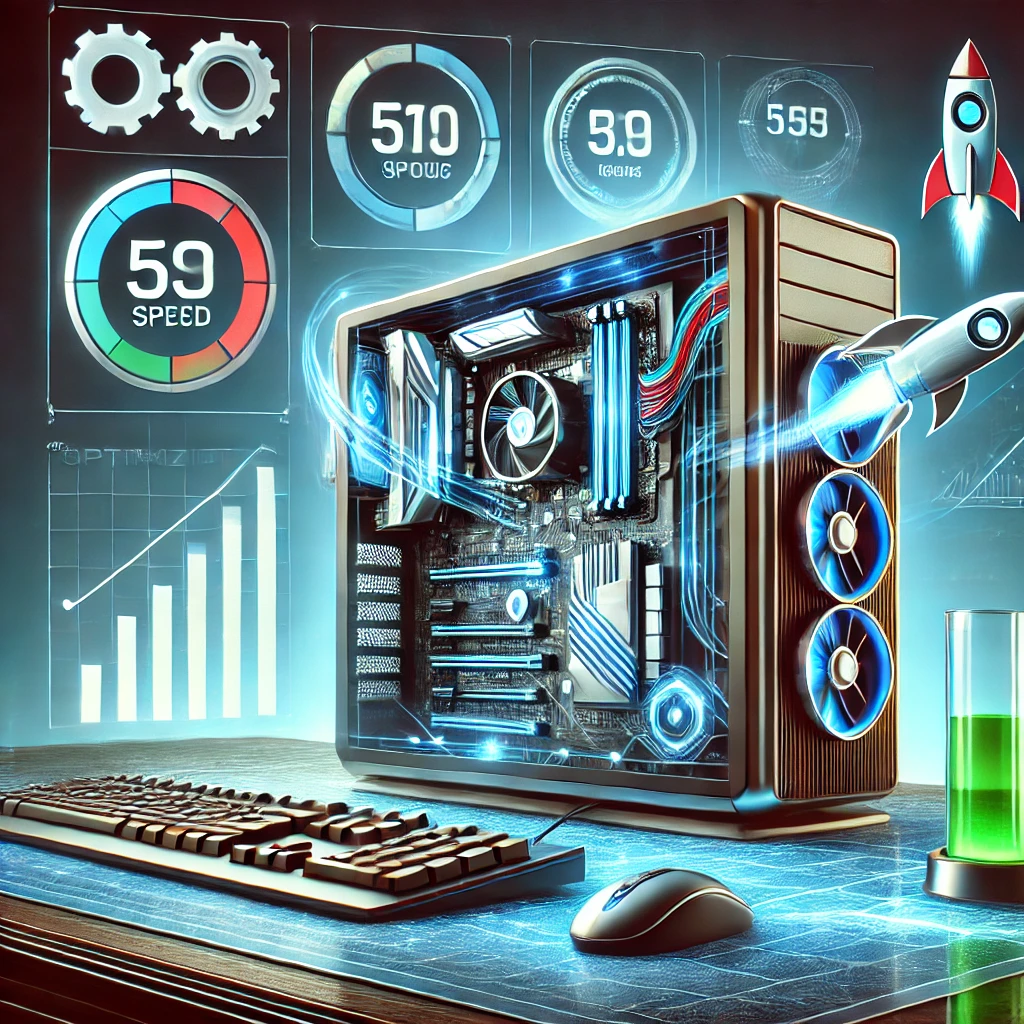
A slow computer can be annoying and make it hard to work or have fun. This guide is for you if you want to speed up your PC without having to do a lot of complicated technical stuff. Follow these simple steps to optimize Windows performance and speed up your PC in 5 minutes.
Why Speeding Up Your PC is Important
A computer that works quickly and efficiently is important for work, safety, and the general user experience. A slow PC wastes time, makes you frustrated, slows down your work, and could even be dangerous if you don’t update old software. When you optimize performance, you make sure that switching between jobs goes smoothly, that pages load faster, and that the system is more reliable. This lets you focus on your work without being interrupted.
Why Is Your PC Getting Slow?
Several things could be making your PC run slower over time. Some common reasons are:
- Too many programs going in the background: Programs that run in the background use up system resources.
- When too many apps start up at startup, it can slow down the process.
- Cracked or a full hard drive: A hard drive that is crowded or almost full slows down.
- Software and drivers that are too old: Software and drivers that are too old can slow down your machine.
- Viruses or malware: Malicious software can slow down a computer and make it less safe.
- Not enough RAM: Not having enough memory can slow things down, especially when you’re doing more than one thing at once.
- Too much heat: Too much dust and not enough air flow can slow down your PC by thermal slowdown.
Bad Effects of a Slow PC
A sluggish computer can negatively impact various aspects of your daily activities, including:
- Reduced Productivity: Response times that are too slow can make work less efficient and add to stress.
- Longer load times: Websites and apps take longer to open, which wastes time.
- Freezing and Crashes Often: A PC that is running slowly may stop responding, so you may have to restart it a lot.
- Gaming and Multimedia Lag: Playing games and watching movies can be slowed down by poor performance.
- Risks to security: Old and slow systems are easier for hackers to get into.
- Hardware Strain: Constant slowdowns and warming can cause hardware to break down early.
1. Restart Your PC
The most simplest ways to fix a slow PC is to simply restart it. Background processes and cached data raises over time, resulting in slower performance.
How to Restart Your PC:
- click on Start Menu .
- You should choose Restart instead of Shut Down.
- Wait for Windows to fully reboot.
👉 Restarting your computer regularly clears memory and closes unnecessary operations in the background.
2. Close Unused Applications
Too many applications running at once can slow down your computer by using up its resources.
How to Close Background Apps:
- Press Ctrl + Shift + Esc to open Task Manager.
- Go to the Processes tab.
- Identify resource-heavy applications and click End Task.
Closing unnecessary apps can free up CPU and RAM, improving speed instantly.
3. Disable Startup Programs
Some applications start up with Windows by default, which slows down the system and makes it take longer to boot.
How to Disable Startup Programs:
- Open Task Manager (Ctrl + Shift + Esc).
- Click on the Startup tab.
- Right-click on apps you don’t need and choose “Disable.”
👉 This quick fix will make the computer start up and run better.
4. Delete Temporary Files
Temporary files accumulate over time, taking up space and affecting performance.
How to Remove Temporary Files:
- Press Win + R, type %temp%, and hit Enter.
- Select all files (Ctrl + A) and delete them (Shift + Del).
🛠️ You can also use Windows Disk Cleanup to remove unnecessary files:
- Go to the Start menu and look for Disk Cleanup.
- The main drive is C: Choose it and click OK.
- Pick which files to delete and click “OK.”
5. Adjust Windows Performance Settings
Windows has effects that can make older PCs run more slowly. Performance can be improved by turning off movements that aren’t needed.
How to Adjust Performance Settings:
- Press Win + R, type sysdm.cpl, and press Enter.
- Click the Advanced tab, then go to Performance > Settings.
- Choose Adjust for best performance or disable specific effects manually.
- Click Apply and OK.
💡This change makes tasks more responsive, especially on older PCs.
Bonus: More Ways to Speed Up Your PC
For long-term optimization, consider these additional tips:
- Uninstall Unused Programs: Get more space on your hard drive by getting rid of programs you don’t use.
- Upgrade to an SSD: Solid-state drives make systems much faster.
- Look out for malware: Do an antivirus check to find and get rid of threats.
- Update Windows and Drivers: Keeping software up to date makes it safer and faster.
- Increase RAM: Adding additional memory improves multitasking.
FAQs About Speed Up Your PC
1. How often should I restart my PC to keep it running smoothly?
At least once a week, you should restart your PC to get rid of any running programs and clear out the system memory. If you notice your processes are running slowly, a quick restart can help.
2. Will upgrading my RAM make my PC faster?
Increasing RAM can make it much easier to switch between tasks and improve general performance, especially if you use memory-intensive applications like games or video editing software a lot.
3. What is the best way to clean up disk space on my computer?
You can get more disk space by using Windows Disk Cleanup to get rid of temporary files, uninstalling programs you don’t use, and moving big files to an external drive or the cloud.
4. Can malware slow down my computer?
Of course. Malicious software like viruses, spyware, and others can use up system resources, which can slow down your computer. This can be avoided by running regular antivirus scans and staying away from files that look sketchy.
5. How do I know if my computer needs an SSD upgrade?
If your PC takes a long time to boot up, loads programs slowly, or frequently freezes, upgrading from an HDD to an SSD can significantly improve its speed and responsiveness.
Enjoy a Faster PC Instantly!
If you want your computer to function like new again, optimize Windows performance and apply these simple tweaks. If your PC stays slow, you might want to consider getting new gear or installing Windows again.
✅ Try these tips today and experience a faster, more efficient PC!
Looking for More PC Optimization Tips?
Explore our other guides on keeping your computer running at peak performance. Click here for expert advice!
About Us
At Best Gear and Gadget, we’re all about helping you find the smartest, most reliable tech and gear. From honest reviews to expert buying guides, we cover the latest gadgets and must-have tools to make your life easier and more connected.
Our goal? To save you time, money, and hassle—by delivering trusted insights, top picks, and real value.
Latest Post
Disclaimer
⚠ Disclaimer – BestGearAndGadget.com
We may receive commissions through affiliate links. The content is for informational use and does not represent professional buying advice.

